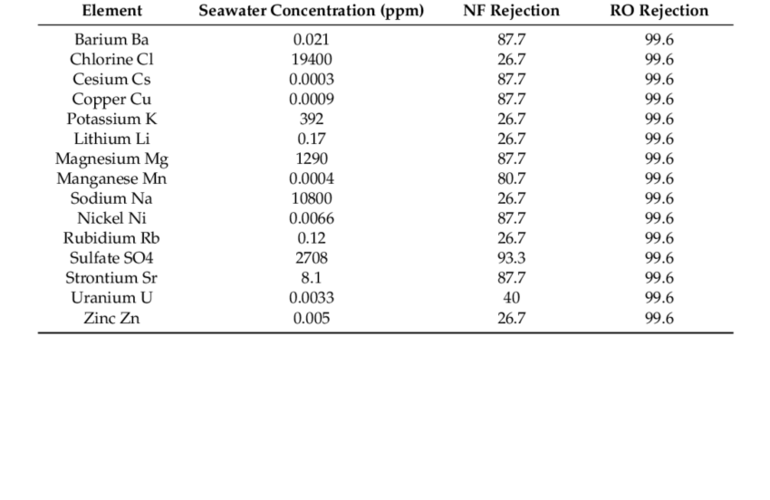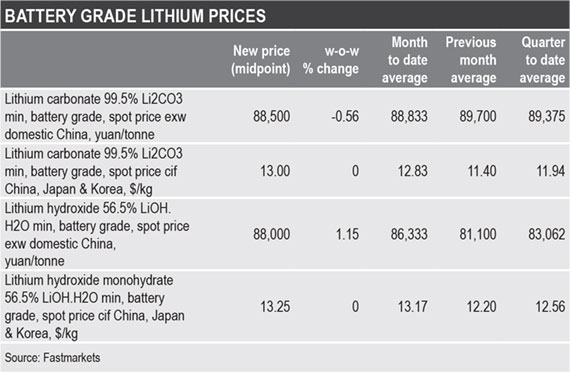Kat Tsun
eeeeeeeeeeeeeee
- Joined
- 16 June 2013
- Messages
- 1,200
- Reaction score
- 1,529
When you need to take your biweekly three day trek to the store and camp out on your way back.
This is why Pontiac made the Aztek.
Anyway the highways depopulated plenty of ghost towns and such, similar to the railroads before it. My hometown actually tried to make "a stand" against the railroad and told South Pacific Railroad to go take a hike. The company was like "bet" and just built the railroad anyway. The town moved and it took a while before it extended back to the old, old part of town, although much of that no longer exists anyway. Now it's bisected by a railroad.
They didn't repeat the same mistake with the highways a hundred years ago, but of course Eisenhower didn't build the highway 10 miles from town either. He built it basically right next to the railroad.
Mostly bypassed communities got hurt by highways because people like to live near people, because being near people, means economic exchange is easier. This might have been different in the poorly remembered wild West or prairie myth, but people only lived far apart because irrigation sucked back then and you needed tons of land to grow meager amounts of food and cattle.
This is why Pontiac made the Aztek.
Anyway the highways depopulated plenty of ghost towns and such, similar to the railroads before it. My hometown actually tried to make "a stand" against the railroad and told South Pacific Railroad to go take a hike. The company was like "bet" and just built the railroad anyway. The town moved and it took a while before it extended back to the old, old part of town, although much of that no longer exists anyway. Now it's bisected by a railroad.
They didn't repeat the same mistake with the highways a hundred years ago, but of course Eisenhower didn't build the highway 10 miles from town either. He built it basically right next to the railroad.
Mostly bypassed communities got hurt by highways because people like to live near people, because being near people, means economic exchange is easier. This might have been different in the poorly remembered wild West or prairie myth, but people only lived far apart because irrigation sucked back then and you needed tons of land to grow meager amounts of food and cattle.
Last edited:





